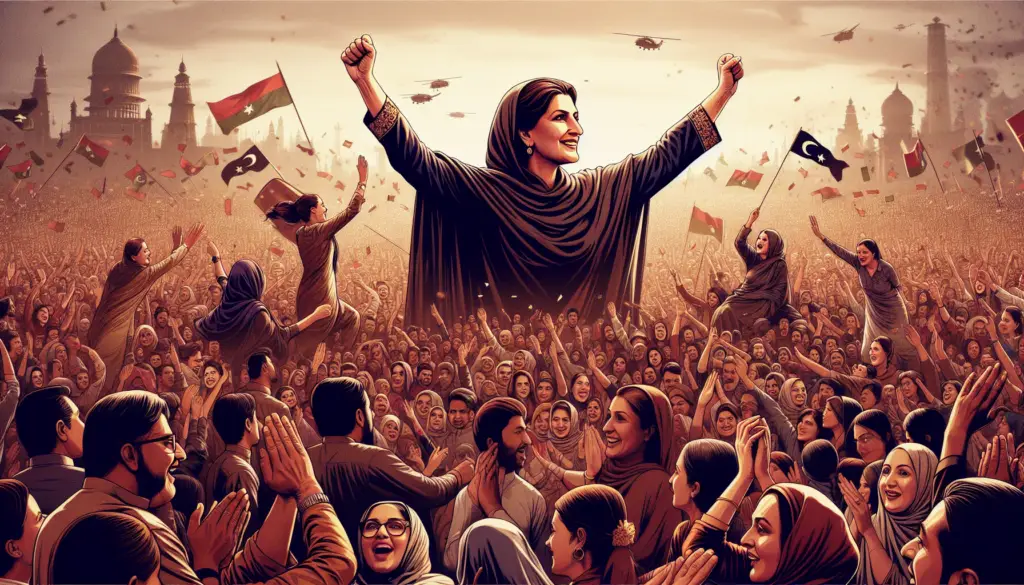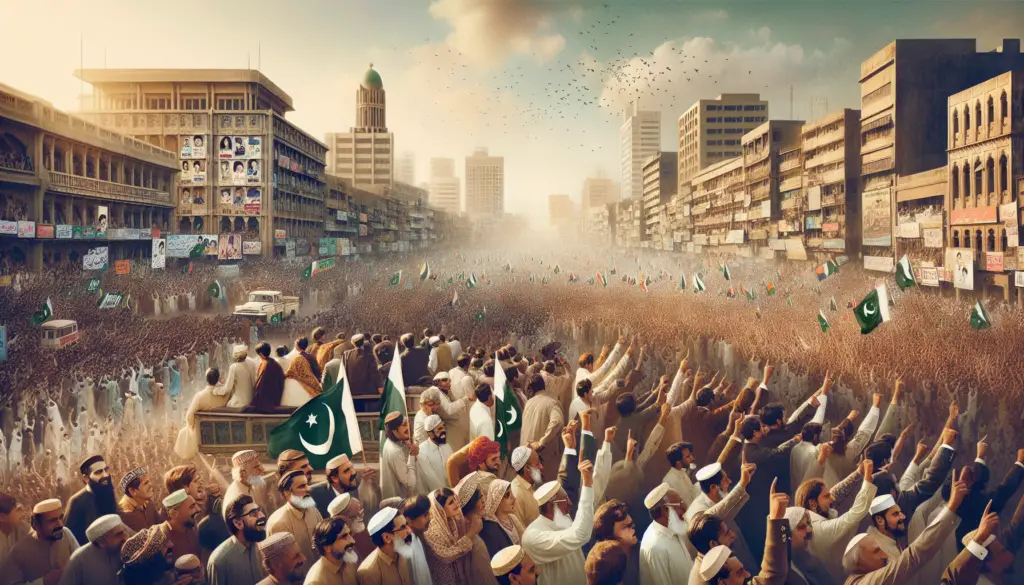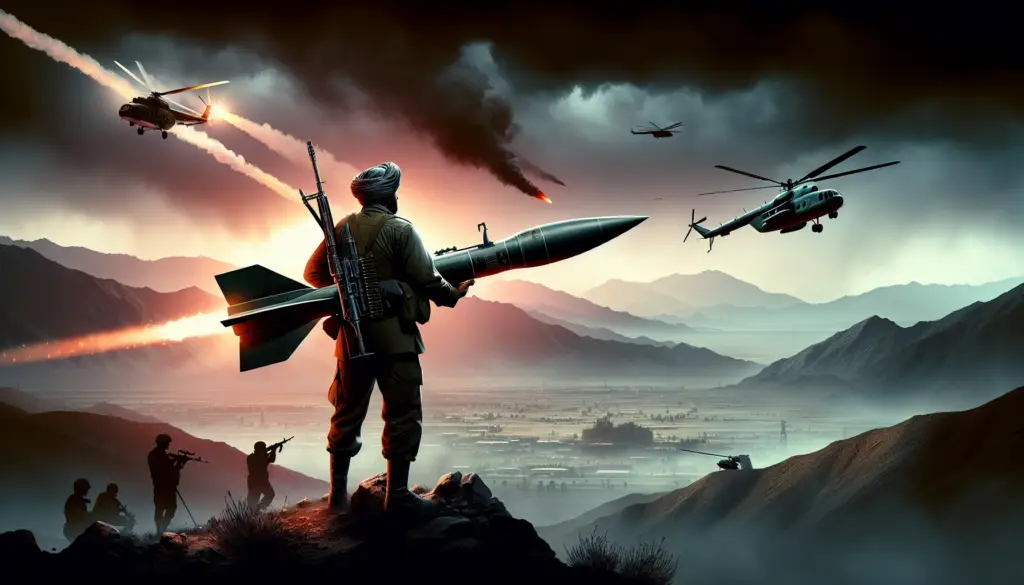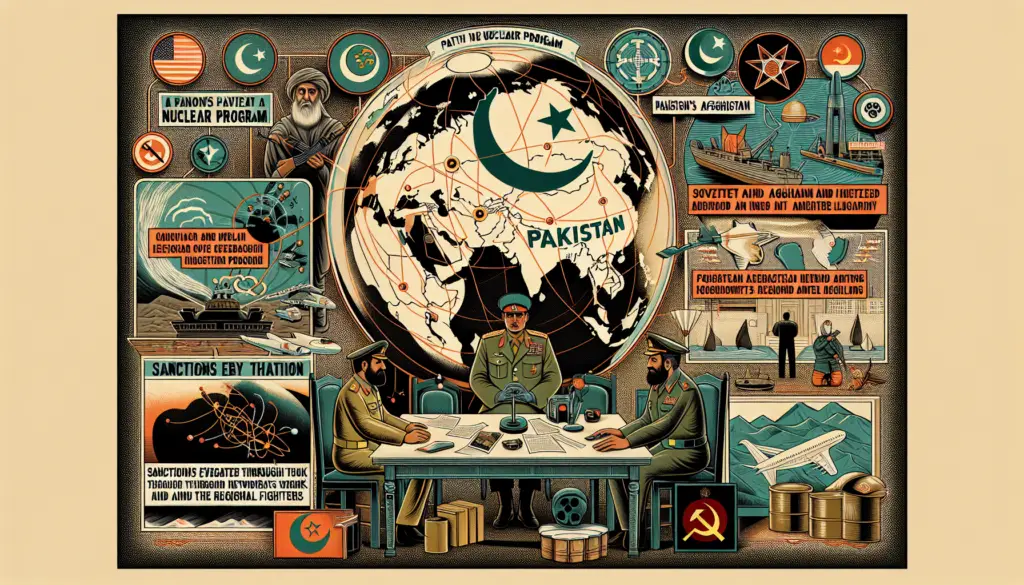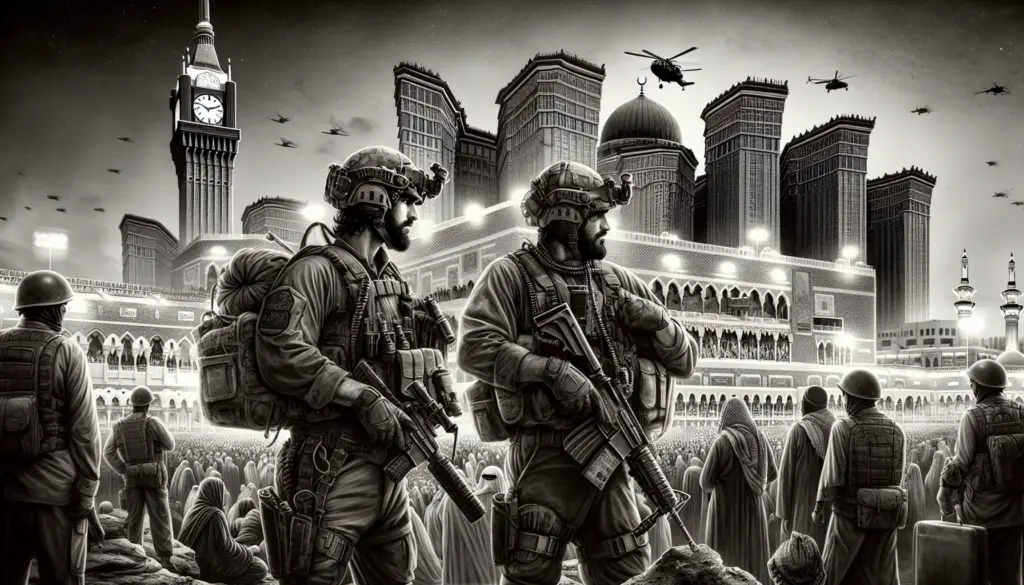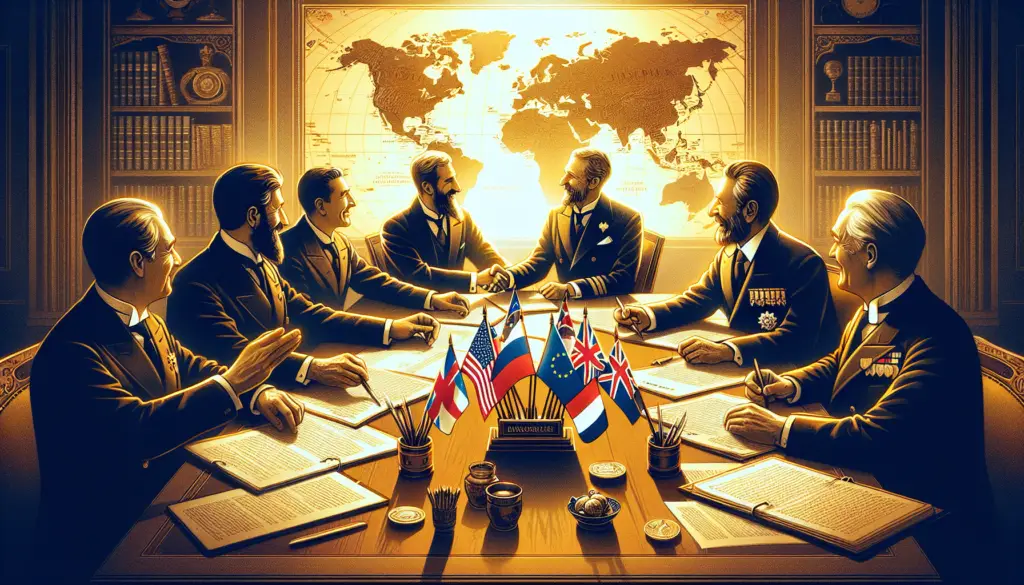Benazir Bhutto Return: A Turning Point in Pakistan’s Political
Delve into the story of Benazir Bhutto’s courageous return and its transformative impact on Pakistan’s political landscape, setting the stage for significant change.
Benazir Bhutto Return: A Turning Point in Pakistan’s Political Read More »
